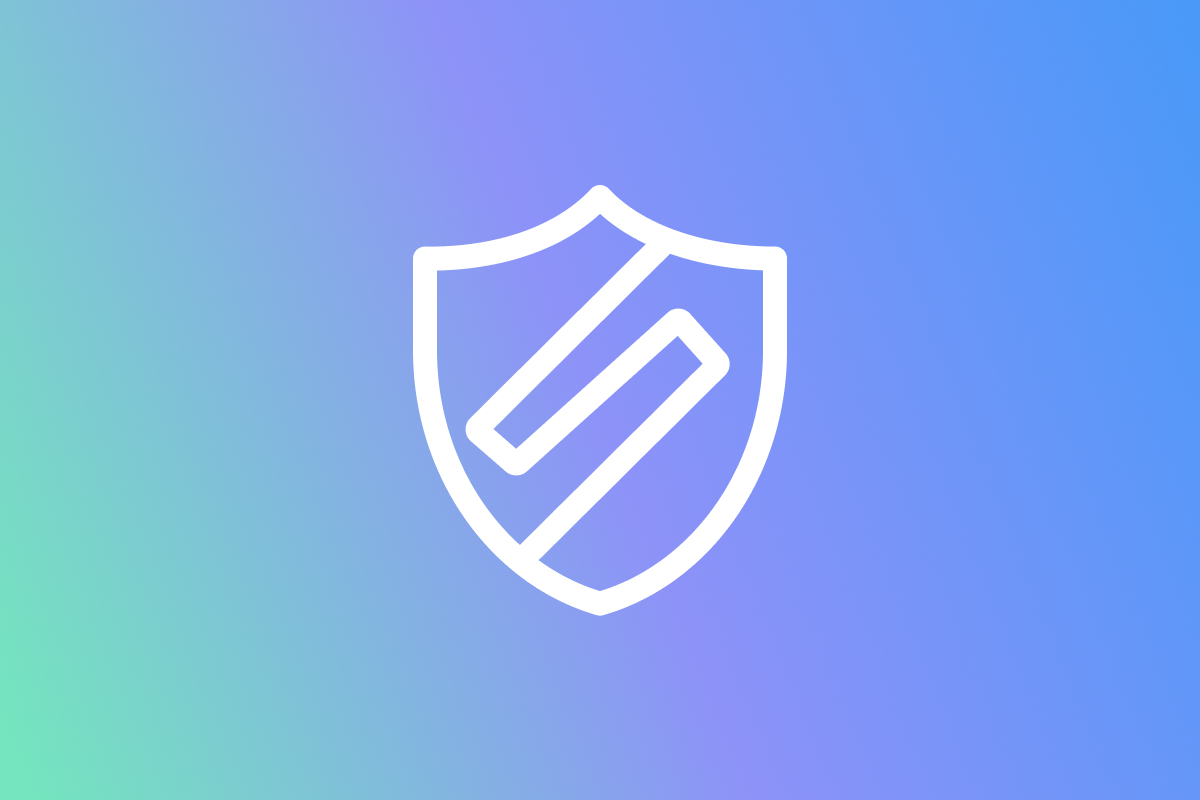Business identity theft, also known as corporate identity theft or commercial identity theft, is a growing problem worldwide. Approximately 31 million small businesses operate in the United States, and half of those have or will in the future face an identity breach. Those who have already been compromised are at increased risk in the future, with 75 percent reporting multiple attacks. The repercussions of business identity theft can be much more complex than personal identity theft. It can involve fraudulent returns, maxed-out credit, false filings, and so much more.
Warning signs of business identity theft
If you’re concerned about your privacy or your business’s risk of facing identity theft, there are a few warning signs you need to be aware of.
One warning sign may appear when filing paperwork with the IRS. Pay attention to any notifications or communication regarding your tax filing number. If you receive a notice that your return has already been filed, or there is a filing with that number already, your business may be the victim of tax refund fraud. Receiving unexpected tax transcripts could be a red flag as well.
Other warning signs of business identity theft to watch for include:
- Bank statements that don’t add up
- Checks bouncing unexpectedly
- Unfamiliar activity on your bank statements
- Bills are missing or you receive bills you don’t recognize
- Suddenly losing service for cell or utilities
- Calls from debt collectors
- Receiving a notification that your information was found in a data breach
Repercussions of business identity theft
Criminals can wreak havoc on your business and even your customers if the proper security procedures aren’t in place. A breach is when data gets into the wrong hands, and it costs businesses billions of dollars every year. In a data breach, customers’ personal information is compromised. Your small business’ information is compromised as well. This can not only result in a variety of immediate effects, like stolen credit but can also lead to you and your customer information winding up on the Dark Web, where it may remain at risk for years to come.
Another form of business identity theft is hijacking. With hijacking, thieves use a business’s credit to make purchases. A cybercriminal may file loans under the business’s name and could potentially max out your credit limit. As a result, your company would accrue late payments, and may not have the credit you need to continue to run your business. The business owner could face some personal liability for customer information being compromised and charges made.
Finally, a data breach or identity theft can harm your business’ reputation. If a potential customer knows your business has had its identity stolen in the past, then they may hesitate to do business. They might also tell their friends and family to stay away from the business. Previous customers may be hesitant to continue to do business with a company that previously put their information at risk.
Be Proactive About Protecting Your Business
Being smart about your business’s information will save you time and money, help you create loyal, happy customers, and allow your business to succeed in the future. Protecting your business after an attack is ineffective at best; instead, you need to be proactive about taking measures to protect your business’ and customers’ information now, before a cyberattack attempt occurs. Let’s take a look at a few of the measures your small business should be taking.
Separate personal and business finances
Small businesses need to avoid mixing personal finances and business finances. Filing for an EIN can help with this, and allow you to disconnect your business finances from your social security number.
The IRS website makes the process simple, and you can submit your application there. In a data breach, an EIN is far less sensitive information than a social security number. However, you still want to protect your EIN as if it were an SSN. Also, your business likely requires an EIN for banking. This number becomes an important point of reference for your company and will be important to use to keep track of your business finances.
Understand how thieves steal information
There are a number of ways that thieves can get ahold of your company’s information, and use it to compromise your data and security. A cyberattack or phishing attempt is perhaps the most commonly used method. Taking the time to password protect all of your devices, and frequently updating your passwords can help with this. Additional measures like dual-factor identification or face IDs are all also good forms of protection.
Mail theft, dumpster diving, or theft of company devices are old-school methods used by thieves, but may also be a threat that puts your company at risk. New technologies like card skimmers or public WiFi hacking are also potential entry points for thieves. The tactics of criminals are evolving every year. Keeping up with them requires the help of a professional identity theft protection company, like LifeLock.
Update your software and systems
Software and system updates help to protect and defend against cyber attacks. Defend yourself from hackers by regularly updating your company’s software and hardware. Oftentimes, these software updates include changes that can help to protect your business from newly-discovered vulnerabilities.
Encryption is one method to protect your records and your digital communications. By implementing encryption, your business data is kept secure in the cloud. Encryption is necessary when accepting online credit card payments. Be sure your company’s information, tax records, and customer information are protected with the necessary encryption updates. When using encryption, be sure to back up your files regularly.
Use a VPN
If you or your employees frequently work outside of the office while traveling or working remotely, a VPN is a must.
Using a VPN adds another layer of security to your small business. A virtual private network makes it much more difficult for hackers to get access to personal information while connected to public or unsecured WiFi. In addition, emails and browsing activity is protected with end-to-end encryption. It can also help defend against computer viruses and spyware.
Guard against phishing
Another way that hackers compromise businesses is through phishing emails. Phishing emails may appear to come from an authoritative source but redirect to a hacker’s website that collects emails and passwords. They also may potentially download harmful software. While having protective software in place can help protect your business from these schemes, warning your employees to never open suspicious emails or those from sources they don’t recognize is the best defense.
Double-check security practices with your vendors
When doing business with vendors, be sure to ask them about their security practices. When you’re providing them with your payment information, you want to be sure that you can trust them to protect your information, and in turn, protect your customers.
Training employees
Preparation is the first step to preventing identity theft. Be sure your employees have all of the necessary training available on the subject of business identity theft. Don’t give out business information on the phone and regularly educate them about the latest cyberattacks and phishing schemes.
Credit monitoring
Staying on top of your company’s credit report goes a long way in helping protect you from identity theft. Any changes should be investigated as quickly as possible. Unfortunately, this can be time-consuming for already busy business owners.
Investing in advanced credit monitoring provides you with instant alerts about data breaches, without you having to monitor your credit report on your own. You’ll not only receive an alert, but also more specific information, including the date and companies involved, that can help you to get to the root of the breach. Knowledge is power when it comes to protecting your business against identity theft.
How LifeLock saves small businesses from identity theft
With so many different threats to address, managing your small business security on your own can be a challenge. But LifeLock can help. Partnering with LifeLock allows your small business to utilize advanced data security tools that help you take action to protect yourself from business identity theft. State-of-the-art monitoring and analysis software means that customers receive up-to-the-minute updates regarding any activity on their credit report. You’ll get the security that your business needs, but without adding to your own hefty workload and stress.
LifeLock offers a variety of plans and packages that are designed to fit your budget and security needs. The LifeLock Advantage plan protects both personal and business identity information. Small businesses get 24/7 identity and credit monitoring services that provide your business with support when it needs it the most. You can stay up to date and informed of all potential threats to your business, including those that occur on the Dark Web. Also, the LifeLock Privacy Monitor assistant gives you more control over what information your business shares. If your business does become the victim of identity theft, LifeLock’s security experts will help guide you through the process of recovering your identity and protecting it in the future.

